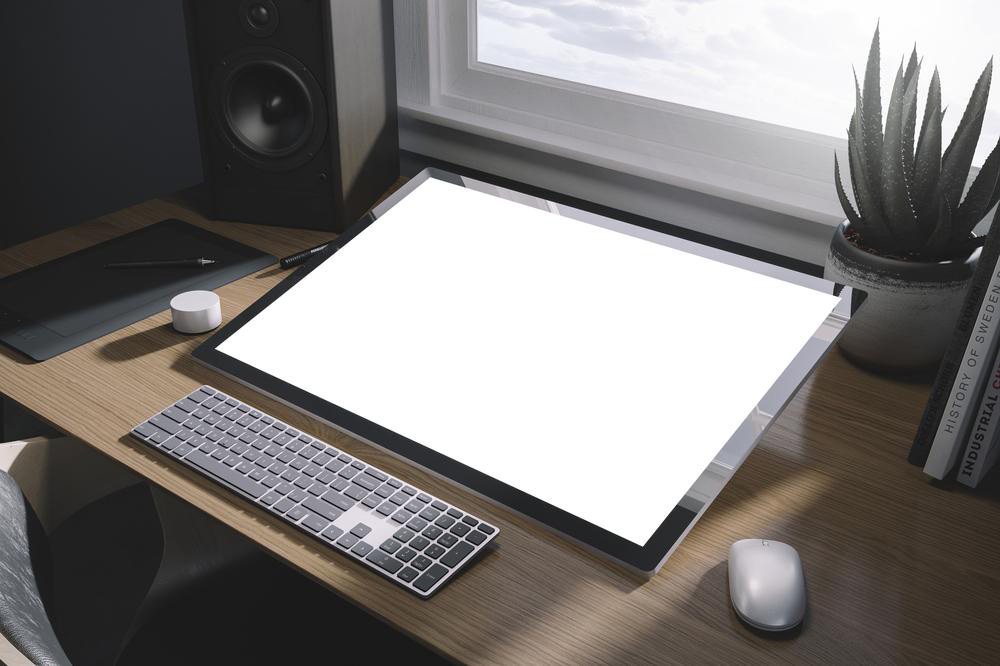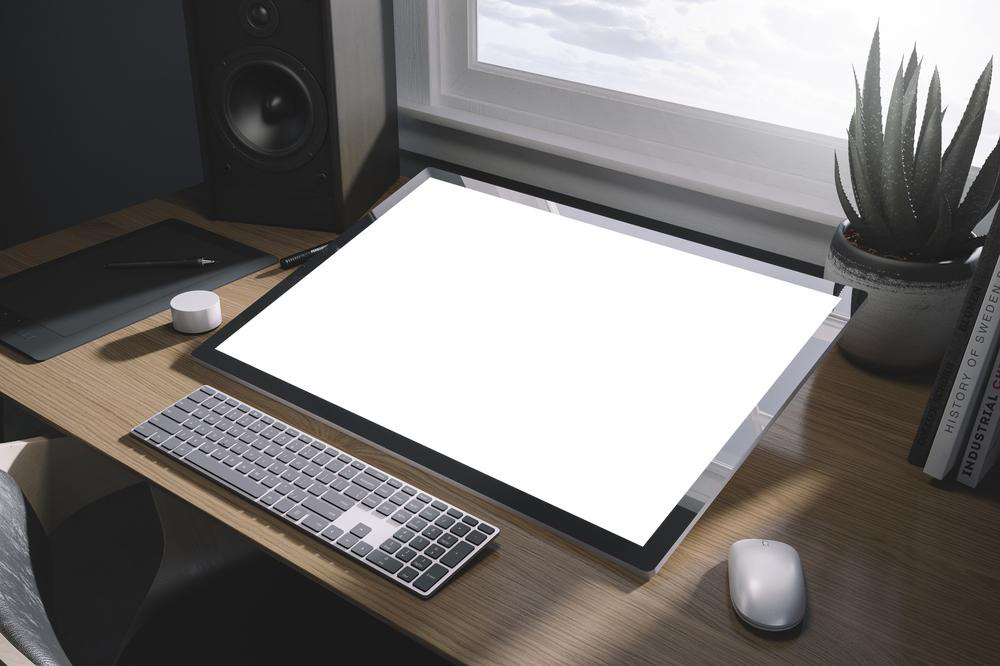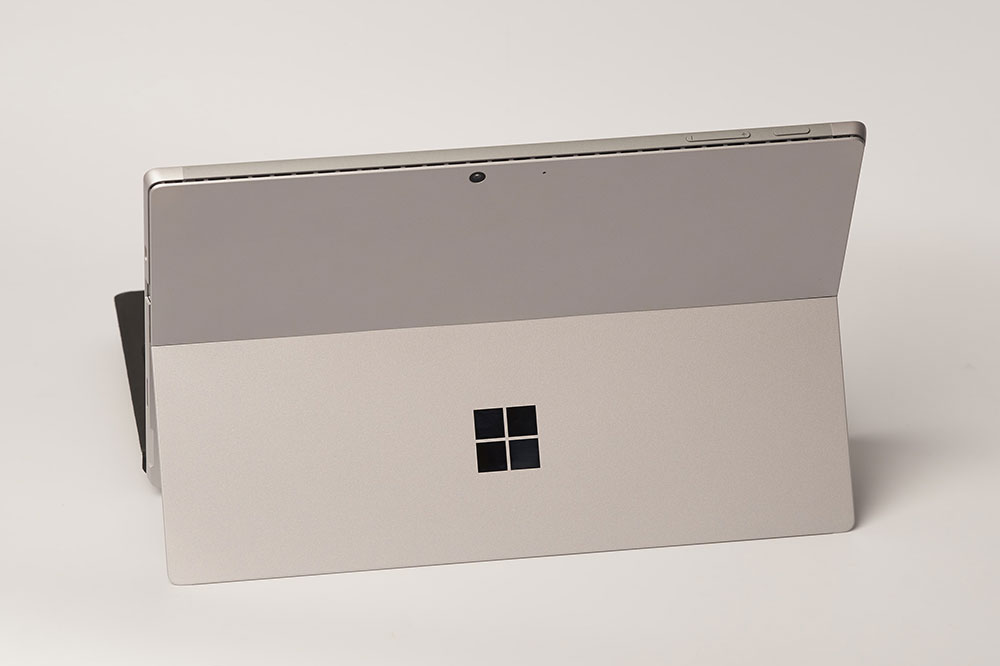Exploring Why Windows 8 Remains Microsoft's Top Upgrade Choice
Discover why Windows 8 is considered Microsoft's most effective upgrade, offering faster performance, enhanced security, touchscreen support, and new features like live tiles and improved browsing. Whether upgrading for personal or business use, Windows 8 and Windows 8.1 provide significant benefits over Windows 7, including better system efficiency and modern app integration.

Exploring Why Windows 8 Remains Microsoft's Top Upgrade Choice
Windows 8 is recognized as one of Microsoft's most reliable operating systems. It offers significant enhancements over Windows 7 in areas like speed, security, and features. If you've upgraded to Windows 7 and seek an even better experience, Windows 8 is an ideal option. Its design emphasizes touchscreen functionality, making it suitable for modern devices.
Key Advantages of Windows 8 Versus Windows 7
Boots twice as quickly as Windows 7.
Supports both 32-bit and 64-bit system architectures.
Live tiles on the start screen provide real-time updates.
Faster browsing with Chrome and Firefox browsers on Windows 8.
Upgrade to Windows 8 enhances battery life.
Data recovery is simplified with the Push Button Reset feature.
The modern, streamlined user interface enhances usability.
A variety of new apps on the start screen display pertinent info via live tiles, unlike Windows 7.
Wi-Fi reconnection times are improved.
SkyDrive integration is accessible from any app on Windows 8.
Minimum system requirements are slightly higher than Windows 7's.
Upgrade to Windows 8 Pro
Designed for business users, Windows 8 Pro includes features like Remote Desktop, domain support, BitLocker encryption, Hyper-V virtualization, and more.
Upgrade to Windows 8.1
System requirements are lowered, accommodating devices with 1GB RAM and 16GB storage.
Supports running Metro apps within desktop windows and offers a revamped Start menu with improved app management, including bulk uninstall.
Supports advanced tech such as Miracast, Wi-Fi Direct, 3D printing, and high-res displays.
Touchscreen computing is seamlessly integrated, enhancing user experience.







